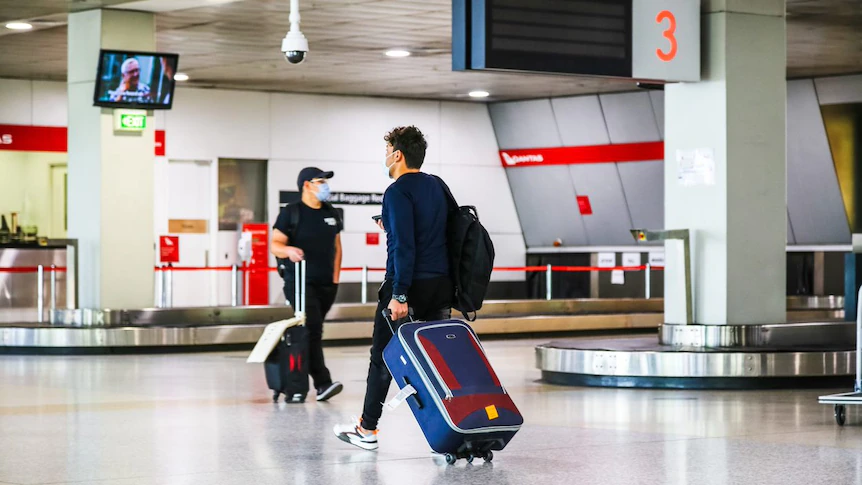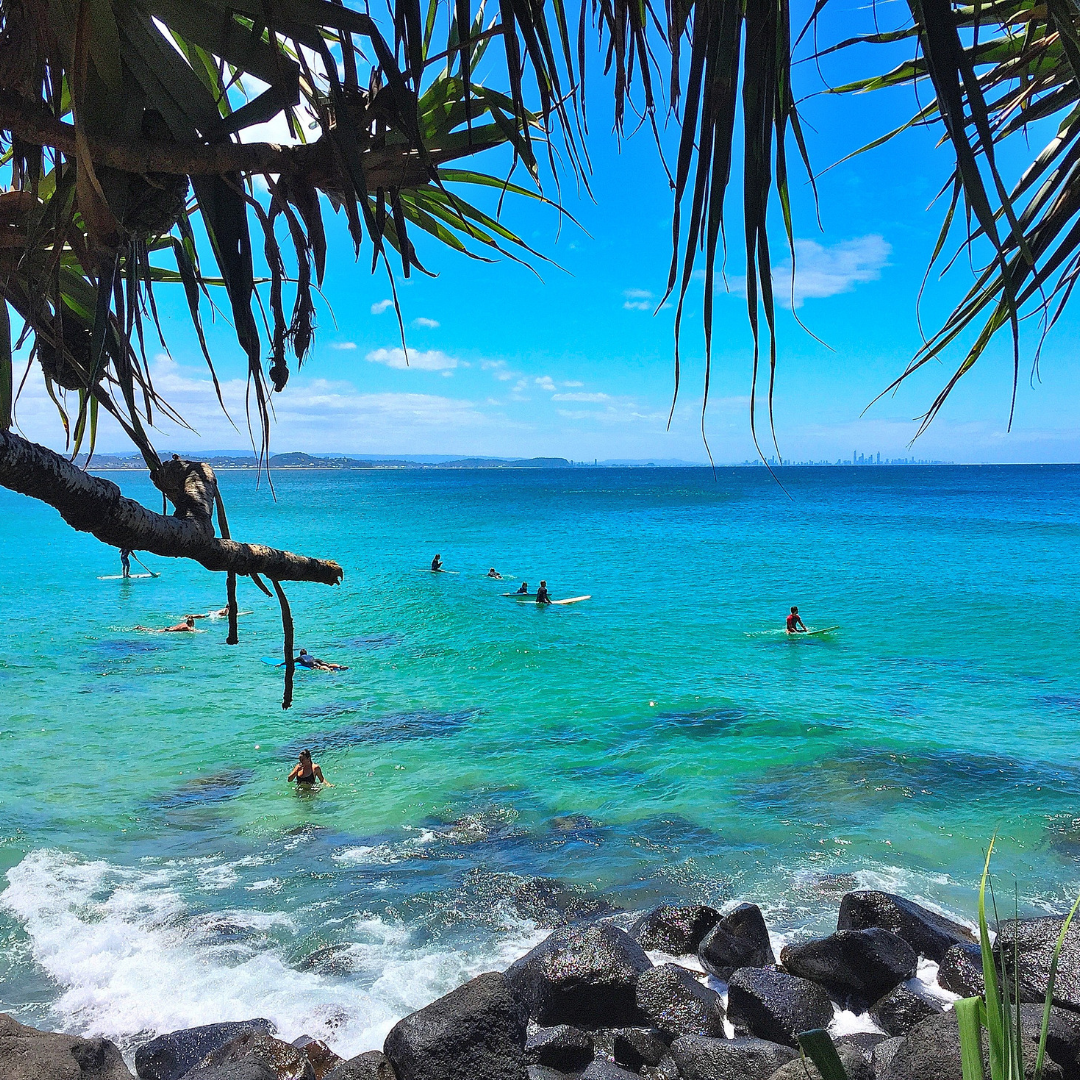When you decide to travel to another country to study it’s essential to make sure you can get work when you arrive. If you have made Australia, the ‘land down under, your choice of destination, you can rest assured that jobs will be available.
How has the Covid19 pandemic affected businesses in Australia?
Like most countries across the globe, Australia has been economically affected by the current Covid 19 pandemic. Lack of people moving between states and very few international students arriving on our shores has meant that businesses listed below are struggling to find workers.
According to an Australian Bureau of Statistics survey, around 27 per cent of businesses were having difficulty finding suitable employees last year. One-fifth of companies surveyed said they didn’t have enough workers. 57 per cent of those have trouble attracting the right people for the job, and 19 per cent cannot retain existing staff.
Here is a list of professions where employees are in short supply in Australia:
- Hospitality – chefs, cooks, service
- Unskilled labour – cleaners, security guards, construction labourers, fast-food attendants, supermarket workers and couriers.
- Skilled workers – teachers, nurses, ICT, data managers, physiotherapists, occupational therapists, doctors, electrical engineers
- Trades – plumbers, mechanical engineers, electricians, construction managers, painting trades workers, motor mechanics, carpenters, and joiners.
- Seasonal – fruit picking and vegetable processing
- Tutoring – Use your areas of expertise to make some money by tutoring other students in your language or any other subject area you specialise in.
- Volunteering – while looking for work, consider offering your volunteer services to a local charity or wildlife organisation.
As you can see, employees and businesses are desperate for workers in all employment sectors in Australia. The unfortunate result has been that some companies have had to close or reduce their hours because they cannot get enough labour. The International borders are open, business owners are looking forward to rebuilding their businesses, and you will be in high demand!
Hospitality
Working in a café or restaurant can be hard work. Long, late hours can make studying challenging to get up the next day. However, it can also be a gratifying job with the advantages of meeting new people, practising your English, and learning new skills.
Chefs will require a qualification, but you can learn most other hospitality jobs on the job. So, if becoming a barista is your dream, all you need is the initiative to learn.

Unskilled labour
Any job that can start work without any formal qualifications is unskilled work. Just because it is unskilled doesn’t mean it is untrained. Most jobs that require unqualified staff have their in-house training. Working in the local fast-food shop doesn’t have to be a demeaning job. Think of the new skills you can learn to add to your resume!
Skilled or qualified positions
If you possess qualifications from your country of origin, you may not necessarily transfer that qualification to Australia. You will need to check with the association of your qualification to see if you need to do anything to use your skill in Australia.
Trades
A trade position in Australia can be quite a well-paid position. With the current building boom in some cities, tradespeople are in demand. If you have qualifications in any of the trades from mechanic to a plumber, you may need to check to see if you can use your qualification in Australia. There is usually no shortage of trade-based work in the CBD of most of Australia’s cities.
Seasonal work
If you love the outdoors and don’t mind hard work, most countries or rural areas in Australia have seasonal work available. Fruit picking, grape processing and harvesting and general farm-hand work can be very rewarding while keeping you fit at the same time.
Tutoring
Finding work as a tutor can fit in very nicely with your studies. Keep an eye on bulletin boards at your place of study. Someone might need tutoring in your native language or another area of expertise.
Volunteering
What better way to build up your skillset and make new friends than by volunteering for a cause that you love? Australia has some fantastic volunteer organisations. If you love the environment, you could find a tree-planting group. Enjoy birds and animals? There are many wildlife organisations to choose from. Working in your local Op shop can give you valuable retail skills to add to your resume.
How much can you work in Australia as a student?
An international student visa can work up to 40 hours per fortnight during the semester and unlimited hours during holidays. There are strict conditions for students on a working visa. See the Australian Government conditions here.
Australia’s standard working hours is 38 hours per week (7.6 hours per day), during weekdays, Monday to Friday. Work beyond that amount can be considered as overtime.
In the hospitality industry, the hours are very different as most cafes and restaurants in Australia’s major cities operate from early in the morning to late at night. Hence, the opportunities to work at convenient hours for you are very likely.
If you are working as a skilled worker, such as a chef in a restaurant, employers may expect you to work 12-hour shifts. However, as waitstaff or bar staff, you could be expected to work anywhere from 5 – 10-hour shifts, depending on the hours your employer offers you.

Where can I find work in Australia?
All major cities in Australia have popular areas where cafes and restaurants operate if hospitality is your preference, and you wish to live in the CBD. It is a matter of researching your local entertainment precincts and finding the best place to start looking for work.
If you are looking for unskilled labour or trade-related work, you may need to be prepared to travel further for your work. Some jobs might require that you have a car and a driver’s licence.
Whatever field you decide to seek work in, the process of job searching will be the same.
Most job seekers use Seek.com.au to find work. Seek is Australia’s largest job platform. Other websites and methods you can use to find work:
Very simple to use – you can create a profile and create alerts when a job suited to you comes up. You will receive a link in an to the specific job.
A smartphone App with easy search and refinement options. Gum Tree is also helpful for finding accommodation, goods, services and motor vehicles.
Facebook is useful if you use it all the time. Follow your favourite business or restaurant, and you may pick up work if they post positions vacant.
An easy to navigate platform with valid search and refinement options. Another convenient feature is the travel distance calculator.
A simple interface where you can upload your resume and apply for jobs.
A social media platform for work-related content. You may have some success if you are looking for more skilled positions.
- Notices in the local newspaper
- Bulletin board at your university or TAFE
You can also have success approaching a business with an offer of trying out for a shift. Employers appreciate initiative!
Do I need a resume to get a job?
If you use your initiative and approach a business to ask about work, you should create an Australian-style resume and cover letter.
A resume should only be one page, and it will list your knowledge and experience most relevant to the position. Seek has a resume template available for free on its career site. A basic resume will list your qualifications and the most recent jobs you have held. Most employers will ask you for up to two referees, and you should include these at the bottom of your document.
The cover letter should briefly introduce you. If you don’t know the employer’s name, address it “To whom it may concern” and let them know when you are available to work.
Once you have your resume and cover letter printed, you are ready to approach employers. Here are some tips to help you be as successful as possible:
- Dress well – an employer will not be impressed with rubber thongs and a singlet top • Be polite to any staff you first encounter
- Ask for the person who handles recruitment
- Address the person you are speaking to by name
- Be polite and make eye contact
- If you cannot speak to the person, you need to leave your resume and follow up with a visit or a phone call a day later.
If you are applying for a job through one of the online job platforms, you will need to upload or email your resume. Your cover letter can be more targeted to the job you are applying for. There will generally be a name and email address to send your application to.
In this case, the cover letter will state what makes you suitable for the job. It should be no longer than a page. Word or PDF format is usually preferred.
- Address the letter to someone
- Introduce yourself
- Talk about why you are suitable for the job
- Conclude and sign off
- Check for grammar and spelling mistakes

Do I have to pay tax to work in Australia?
Yes, you will. All Australian workers must have a Tax File Number (TFN). You can apply here and choose the foreign passport holder’s link. When you commence work with a new employer, they will ask you to fill out the following forms:
- Tax File Number Declaration,
- Superannuation – Standard Choice
- Withholding declaration
- Medicare Levy declaration
If you have plans to work as a freelance contractor and work for yourself, you require an Australian Business Number (ABN). You can apply for an ABN here. You will be required to invoice your customers for services.
Both your Tax file number and Australian Business Number have no application fee. They assist the Australian Government and Australian Taxation Office in recording how much tax you need to pay. 45% of your payment will be withheld as tax by the Australian Taxation Office without a tax file number.
Do I have rights as an employee in Australia?
It is imperative to know your rights when working in Australia. As a worker, you have rights to workplace health and safety. minimum pay and leave entitlements. The Fair Work Ombudsman can provide you with information and advice about your work rights.
The Fair Work Ombudsman is an independent government agency, they:
- Can give you accurate information on rates of pay
- Will check that Australian workplace laws are being adhered to.
- Offer advice and support on workplace issues.
- Help in resolving workplace issues.
- Advise and provide information about working visas for international students. Some things for international students to remember:
- You must get a payslip within one day of getting paid.
- Australian law says that the employer must have Workers’ Compensation, which will provide medical treatment or any other charges if the employee is sick and not able to work. • Some work that you perform as part of your study course does not count in the 40 hours per fortnight.
- Voluntary, unpaid work is also not included.
- Suppose you are ever unsure visit the Department of Immigration. Checking can save you from any unnecessary stress.
What else do I need to know about job searching?
Keep a record of the resumes you deliver and the jobs you apply for online. Be prepared if an employer calls you back. You may like to keep a written diary or use your smartphone to avoid missing anything important.
Don’t be afraid to contact an employer to follow up on an application. Or even to check to see why you were not their first choice. Sometimes having feedback can help with future applications and give you ways to improve your chances of getting a good job.
Is Australia a good place to study and work?
Despite the pandemic, Australia has remained in a solid economic position. This is good news for students hoping to study in Australia in the future.
There are many other reasons why Australia is a great place to study, including our climate, love of the great outdoors and friendly people. So, it’s good to know that you can enjoy all that and have very little problem getting work while you are here. So come on down to Australia and say G’day!





